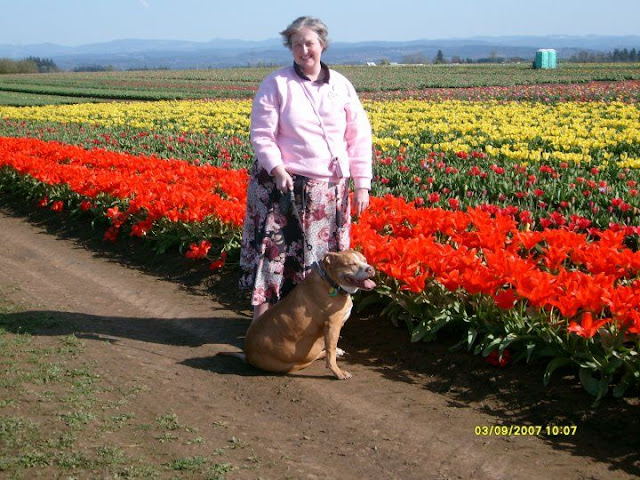Soul to Soul
by John O’Donohue
The human journey is so short. We no sooner realize that we are here than it is already time for us to be leaving. The brevity of life gives a subconscious urgency to our desire to know ourselves. Dostoyevsky said that one of the greatest tragedies is that so many people live their lives without ever finding themselves in themselves.
Perhaps this is what a friendship gives us. The real mirror of your life and soul is your true friend. A friend helps you to glimpse who you really are and what you are doing here.
The Celts had a refined and beautiful notion of friendship. In the early Celtic church, a person who acted as a teacher, companion, spiritual guide was called an anam cara, the Gaelic words for “soul friend.” The anam cara was the person to whom one confessed, revealing confidential aspects of one’s life, one’s mind, and one’s heart. This person had a special intimacy with you, and your friendship was an act of primal recognition. It cut across all barriers of convention, morality and religion. The anam cara could see you from an eternal perspective.
In the contemporary world, we experience so many relationships solely in terms of personality. But the Celts did not get bogged down in the magnetism, refraction, or negativity of personality; they pursued friendship on a deeper level, toward a person’s soul essence. The anam cara friendship had a strong commitment to truthfulness. With your friend you could be truly as you are. You were encountered in the place where your deepest individuality lived.
Today, this remains the mystery and beauty of the anam cara. The art of true friendship awakens and calls all that is ancient within you. The clay out of which your body is formed is as old as the universe itself. It has a memory that precedes your mind and journey, both of which are relatively recent. Perhaps this is the deeper, mystical meaning of human friendship. It is the coming together and rediscovery by the clay of its lost memory. Such a friendship is thus an act of discovery.
Friends are not made; they are discovered and recognized. In true friendship an ancient circle closes again.
It is unnerving sometimes when you look at your friend and remember how accidental your first meeting was. If you had not gone to that party or that lecture, if you had not walked down that street, you never would have met. Now in the season of your friendship, it is unimaginable that this person would not have been part of your life. The contingency of the beginning of friendship seems to suggest that there is a providence that brings friends together.
There is no such thing as just two friends together; there is always a third force between them. Each friendship has a special spirit. This is the soul texture where the meeting of the two friends joins. The Celts had a wonderful sense of soul. They recognized that physical space was not to be understood merely empirically. In other words, in spiritual space there is no distance. In the anam cara friendship, two people are brought to an eternal level where distance does not control connection. When two people awaken the power and light of their souls, they are sheltered by the power of the eternal. A sense of this light can nurture and transfigure lives.
The Celtic idea of friendship opens up the mystery of interior life in a new and refreshing way. It brings us back to the intimacy of the human face and the infinite world that stretches behind the face. In a sense, the whole journey of creation from the dark night of the cosmos, from the silent and concealed night of the clay, has been a journey toward the intimacy that comes alive in the human face. If you practice silence before the otherness of the human face, you will gradually come into a sense of the eternity that it incarnates. The mystery of the face will draw you into the fascinating journey of intimacy. This is the heart of the divine -- the transfiguring warmth that turns the anonymity and darkness of the vast cosmos into intimacy.
Bonnie Tinker, Portland, Oregon
Avel Louise Gordly, Portland, Oregon
Claire & Sheldon Mills, Miami/Pembroke Pines, Florida
Barbara Hewitt, Los Angeles, California
Clariner and Cyreena Boston, Portland, Oregon
Rev. Dennis j. Parker (partner Michael in black suit in background) Portland, Oregon
Hazel Armbrister, Pompano Beach, Florida
Pamela Ferguson, Portland, Oregon
Jeff & Linda Gerritsen, Portland, Oregon
Jeri Sundvall Williams, Portland, Oregon
Jerry & Alison Taylor, Hillsboro, Oregon
John Yount, Miami, Florida
Jim & Bessie Wood, Arden, North Carolina
Martha Miller, Portland, Oregon
Pamela Ferguson & Molly, Portland, Oregon
Patrick (son) & George Rotheneiger, Frankfurt, Germany
















No comments:
Post a Comment